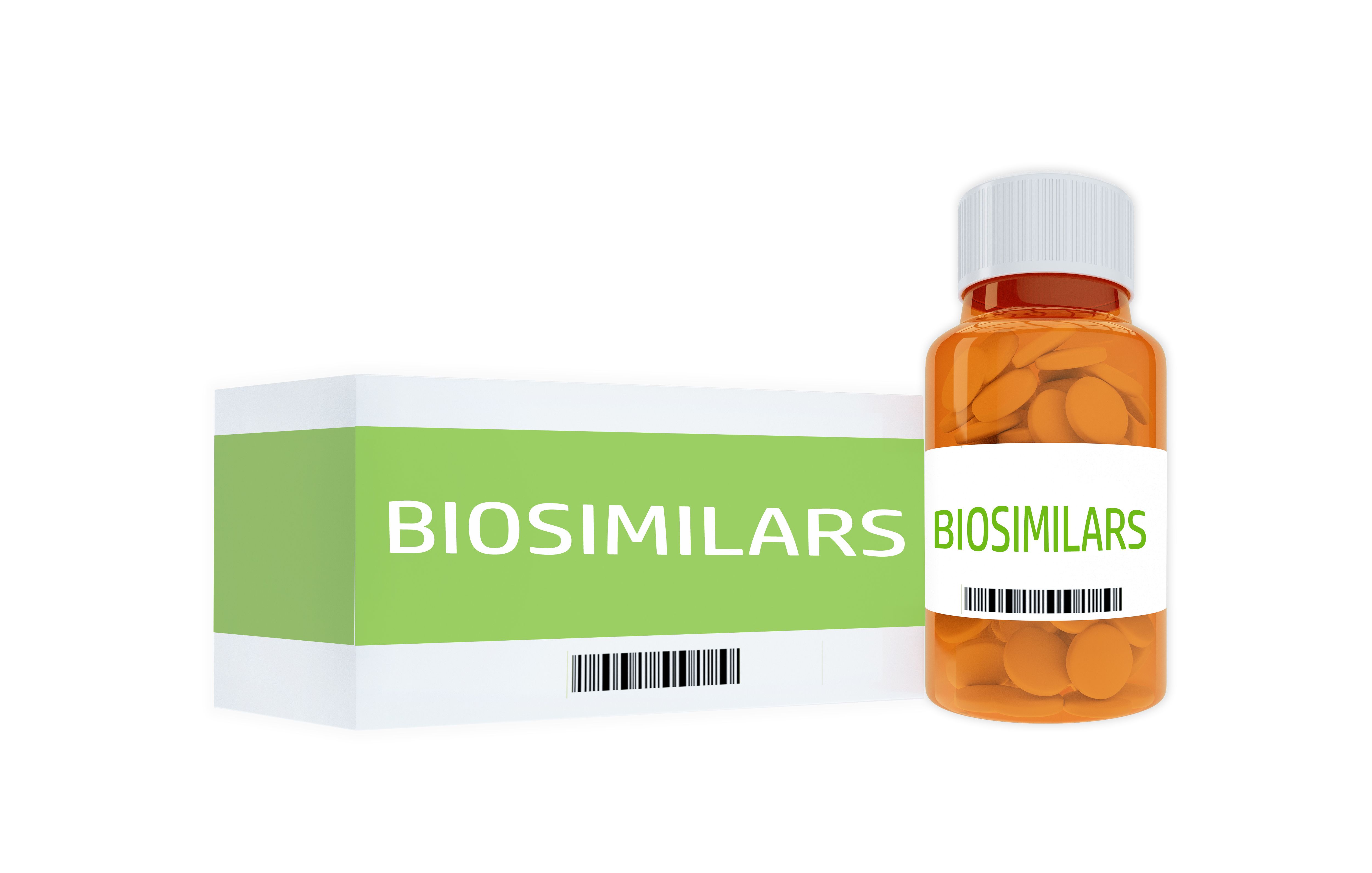News
Article
Biosimilar Drugs Found as Clinically Effective as Reference Drugs, More Affordable
Author(s):
Following the results of a meta-analysis that reviewed biosimilar trial design and endpoints, investigators urge for greater biosimilar uptake initiatives.
Cancer biosimilars approved in China were shown to be clinically equivalent to their approved reference drug counterparts, according to a new meta-analysis and systematic review of studies conducted in China and published in JAMA Network Open. The study also found that biosimilars are a more affordable alternative, and investigators urge for increased speed and effort to promote biosimilar use in cancer treatment.
Image credit: hafakot | stock.adobe.com

“The price of cancer biosimilars is a worldwide issue since it directly affects affordability for patients and public health expenditures,” the study authors wrote in the article. “Typically, biosimilars are priced between 70% and 85% of the reference product.”
China is currently developing 37 cancer biosimilars, but the country has a history of not reporting their clinical benefit, which includes efficacy, safety, and immunogenicity outcomes, according to the study.
“China initiated its biosimilar development at a later stage in comparison to the European Union, the US, and Japan,” the study authors wrote. “Nevertheless, with the initiation of China’s drug review reform in 2015, the research and development of biosimilars has garnered significant interest among domestic Chinese enterprises.”
Investigators conducted this pooled analysis to compare the clinical benefit of cancer biosimilars for bevacizumab, rituximab and trastuzumab to the clinical benefits observed in the reference products.
The results of the systematic review show that the efficacy endpoints, safety, and immunogenicity outcomes of the biosimilar trials were equivalent to the reference drug. Moreso, patients taking any of the biosimilars reportedly achieved a similar objective response rate (ORR) to what was provided by the reference drug, according to the study.
The team also evaluated the rigor of the clinical trial design used for the biosimilar trials. After analyzing the design of 49 pivotal clinical trials (39 randomized clinical trials and 10 cohort studies), the team found that trials for biosimilar drugs had an equally rigorous design to those created for the reference drugs, suggesting that the efficacy and safety outcomes of biosimilar trials are credible.
“All cancer biosimilars authorized by China were required to have a double-anonymized, equivalence, and low risk-of-bias design,” the study authors wrote in the article.
Biosimilar drugs were also evaluated for cost. Data from 2022 showed that trastuzumab biosimilars were the least expensive of the 3 being evaluated relative to the reference product. Trastuzumab biosimilars cost 90% less than the reference drug, whereas bevacizumab and rituximab biosimilars were 74% and 69% less expensive than their reference products, respectively.
Limitations of the study include that it was based on evidence published in study abstracts, which limits context; there is no research on the effects of influencing patient and physician preferences for biosimilars; the study does not evaluate quality problems; and secondary endpoints were not evaluated.
Many countries around the world have experienced increased uptake of cancer biosimilars to varying degrees, such as Denmark, which saw increased trastuzumab uptake by 90% in 3 months. This is a faster uptake rate than China, which showed uptake rates between 54% and 83%. Going forward, investigators suggest that China use strategies such as a national volume-based procurement model and multistakeholder consensus to accelerate uptake.
“This systematic review and meta-analysis found that the clinical benefits of cancer biosimilars were comparable to those of the reference biologics according to the evidence of the included RCTs and cohort studies,” the study authors wrote. “Furthermore, these biosimilars were considerably less expensive, which could have substantial implications for expanding access to treatment for patients with cancer.”
Reference
Luo X, Du X, Li Z, et al. Clinical Benefit, Price, and Uptake for Cancer Biosimilars vs Reference Drugs in China. JAMA Netw Open. 2023;6(10):e2337348. DOI:10.1001/jamanetworkopen.2023.37348
Newsletter
Stay informed on drug updates, treatment guidelines, and pharmacy practice trends—subscribe to Pharmacy Times for weekly clinical insights.






